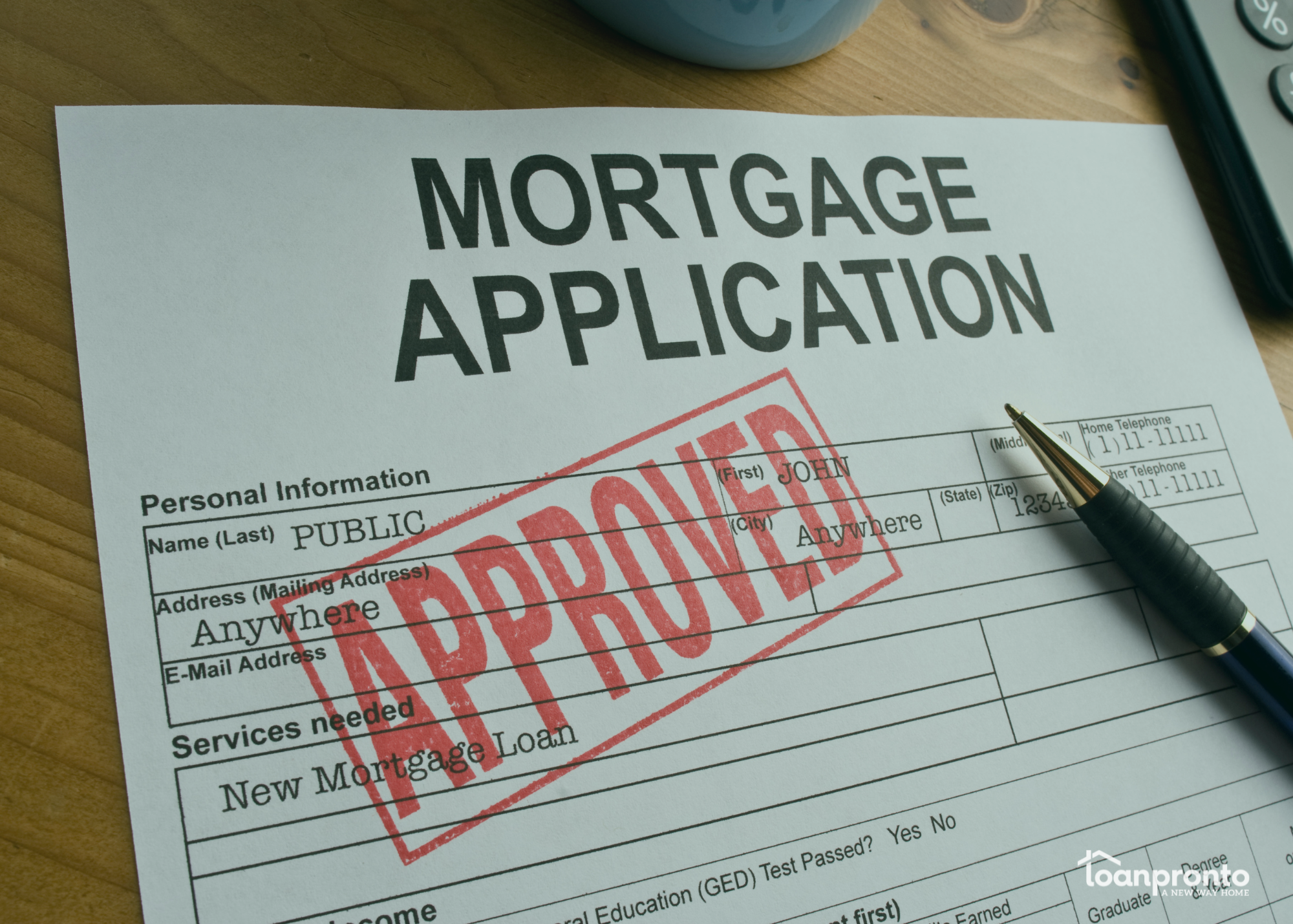Key Takeaways
-
Improving your credit score boosts your chances of mortgage approval and lower interest rates.
-
Credit utilization and payment history have the biggest impact on your score.
-
Debt consolidation and credit counseling can provide structured support for rebuilding credit.
-
Starting early gives you time to correct errors, pay down debt, and meet score requirements for your preferred loan type.
If you’re preparing to apply for a mortgage, one of the most important things you can do is repair your credit score. A strong credit score can help you secure better mortgage terms, qualify for lower interest rates, and open the door to more loan options. On the other hand, a low score may limit your choices or increase the cost of your loan. Understanding how credit scores work—and how to improve them—can give you a serious advantage before you apply for home financing.
What Is a Credit Score and Why It Matters for Mortgages
A credit score is a three-digit number that shows lenders how responsibly you handle debt. Scores typically range from 300 to 850, and higher numbers represent lower risk. Mortgage lenders use this score to determine whether to approve your application and what interest rate to offer.
Major Credit Bureaus:
| Bureau | Role in Credit Reporting |
| Experian | Provides detailed credit history |
| Equifax | Reports account status and debt load |
| TransUnion | Tracks credit inquiries and repayment trends |
Most mortgage lenders rely on a tri-merge credit report, which combines scores from all three bureaus.
How Is Your Credit Score Calculated?
Understanding how your score is calculated can help you target improvements more efficiently. Here’s a breakdown of the major factors:
| Factor | Weight | Impact on Score |
| Payment History | 35% | Late or missed payments hurt most |
| Credit Utilization Ratio | 30% | Lower utilization = better score |
| Length of Credit History | 15% | Older accounts improve score |
| Credit Mix | 10% | Variety of account types helps |
| Recent Inquiries | 10% | Too many can drop your score |
6 Steps to Repair Your Credit Score Before Applying for a Mortgage
1. Review and Dispute Errors
Start by checking your reports for mistakes. You can request free credit reports at AnnualCreditReport.com. Dispute anything inaccurate like:
- Outdated account statuses
- Incorrect balances
- Accounts that aren’t yours
Correcting errors can quickly boost your score.
2. Pay On Time—Every Time
On-time payments carry the most weight in your credit score. Use autopay or calendar reminders to stay current. Even one late payment can drop your score by 50–100 points.
3. Reduce Credit Utilization
Try to keep credit card balances below 30% of your limit—or even lower. Focus on paying down maxed-out cards first. Here’s how utilization affects your credit:
| Utilization % | Score Impact |
| 0–9% | Excellent |
| 10–29% | Good |
| 30–49% | Fair |
| 50%+ | Poor |
4. Consider Debt Consolidation
If you’re juggling multiple balances, consolidating them into a single loan may help. This makes payments easier to manage and reduces your utilization ratio. Just be mindful of any short-term score dips from new credit inquiries.
5. Work With a Credit Counselor
Nonprofit credit counseling agencies offer free or low-cost services to help you:
- Develop a budget
- Create a debt management plan
- Understand credit score strategies
Avoid credit “repair” companies that promise unrealistic results.
6. Set a Mortgage-Ready Credit Goal
Not all mortgage programs have the same credit requirements. Here’s a quick overview:
| Loan Type | Minimum Credit Score |
| FHA | 580 (with 3.5% down) |
| Conventional | 620 |
| VA | Varies by lender |
| Jumbo | 680–700+ |
Start Early and Stay Consistent
Improving your credit score before applying for a mortgage requires time, strategy, and discipline. By reviewing your reports, paying down debt, and making consistent on-time payments, you’ll put yourself in the best position to qualify for a favorable home loan.
If you’re unsure where to start or want personalized guidance, reach out to a trusted mortgage professional. They can help you assess your current credit standing and create a roadmap to mortgage readiness.
FAQs: Mortgage Credit Requirements
No SSN required. Zero impact to credit. Your Information is never sold.


